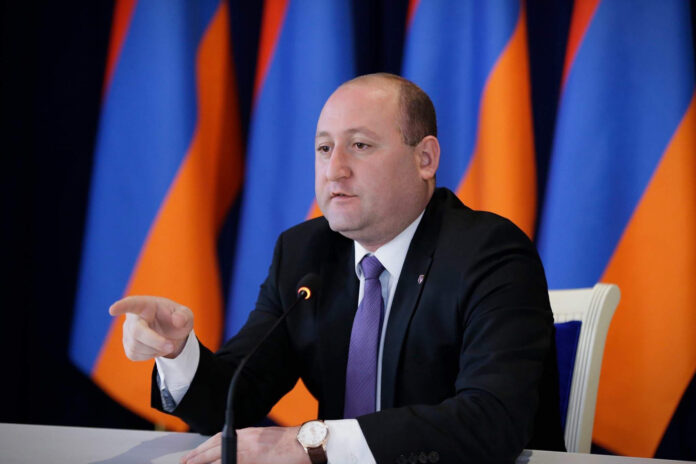A few days ago, on April 10, the US ambassador to Armenia Kristina Kvien conducted an interview with Azatutyun radio station (Radio Free Europe/Radio Liberty), addressing various key aspects of US-Armenia relations and US foreign policy towards the South Caucasus region and Armenia. The interview, lasting just 22 minutes, was conducted professionally by journalist Hegine Buniatian.
The ambassador answered the questions with sincerity, clearly presenting the administration’s pragmatic positions on key issues. Of course, being a diplomat requires extreme caution in selecting each and every word during interviews and speeches, unlike political scientists who do not have the same diplomatic constraints. For this reason, it is crucial to comprehend the message Ambassador Kvien was truly conveying to the Armenian public.
It should be noted that before this interview, which represents the official position of the US government, Western media and think tanks had already published articles and studies highlighting very similar points on the topic. The West definitely does not want Armenia to expect more than it is able to offer, including security assurances.
Previously, the Washington-based RAND Corporation, a top think tank, published a study titled “The U.S. Can’t Guarantee Armenia’s Security, Despite Azerbaijan’s Threats, but It Can Help,” highlighting the importance of Armenia improving its ties with Russia. The ambassador’s position closely mirrored the sentiments in a RAND and Politico article titled “Armenia’s EU Dream Faces a Big Obstacle: The Russian Army.”
One of the key takeaways for me is Washington’s reluctance to offer Armenia alternative security guarantees against potential Azerbaijani intervention or aggression. The ambassador emphasized American efforts to promote peace but acknowledged the absence of effective mechanisms to hold Azerbaijan accountable. This indicates that the US is unlikely to defend Armenia in the event of an attack, ruling out the deployment of troops or arms sales as sometimes discussed in Armenia.
As I previously noted, the US has shown little interest in establishing a presence in the South Caucasus region, including refraining from setting up military bases in Georgia despite close security cooperation. Furthermore, the US aims to avoid antagonizing Iran and Russia, given the presence of a Russian military base in Armenia and mutual border between Armenia and Iran.









